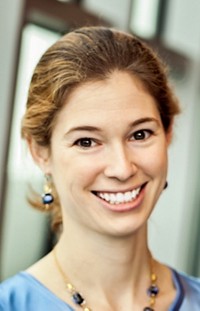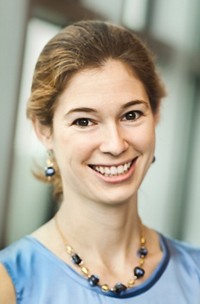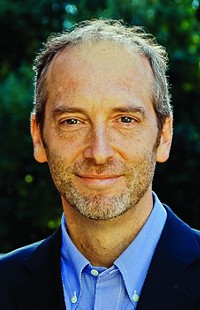Advertisement
Grab your lab coat. Let's get started
Welcome!
Welcome!
Create an account below to get 6 C&EN articles per month, receive newsletters and more - all free.
It seems this is your first time logging in online. Please enter the following information to continue.
As an ACS member you automatically get access to this site. All we need is few more details to create your reading experience.
Not you? Sign in with a different account.
Not you? Sign in with a different account.
ERROR 1
ERROR 1
ERROR 2
ERROR 2
ERROR 2
ERROR 2
ERROR 2
Password and Confirm password must match.
If you have an ACS member number, please enter it here so we can link this account to your membership. (optional)
ERROR 2
ACS values your privacy. By submitting your information, you are gaining access to C&EN and subscribing to our weekly newsletter. We use the information you provide to make your reading experience better, and we will never sell your data to third party members.
Synthesis
Herbert C. Brown Award For Creative Research In Synthetic Methods
by Rudy M. Baum
January 23, 2012
| A version of this story appeared in
Volume 90, Issue 4
Sponsored by the Purdue Borane Research Fund and the Herbert C. Brown Award Endowment
Jonathan A. Ellman’s development of tert-butanesulfinamide as a versatile chiral amine reagent for the asymmetric synthesis of amine-containing compounds tends to be discussed in superlatives.
Ellman “has crafted, without question, one of the most useful auxiliaries,” says Erick M. Carreira of the Swiss Federal Institute of Technology, Zurich. “The derived tert-butylsulfinyl imines are the go-to intermediates for the synthesis of an incredibly wide range of amines.”
“This chemistry has changed the ability of chemists to prepare chiral derivatives containing nitrogen,” says John F. Hartwig of the University of California, Berkeley. “I would place this method among the most practical and utilized of all methods reported in the past decade.”
As Ellman, who is a chemistry professor at Yale University, points out, a large majority of drugs and drug candidates incorporate the amine functionality. Nevertheless, until his work with tert-butanesulfinamide beginning in the late 1990s, efficient methods for the asymmetric synthesis of many structural classes of amines weren’t available.
Ellman and coworkers were the first to isolate enantiomerically pure tert-butanesulfinamide and perform its direct condensation with aldehydes and ketones to yield N-tert-butanesulfinyl imines. They further advanced a variety of nucleophilic additions to tert-butanesulfinyl imines for amine synthesis.
He and his coworkers also developed a highly efficient method to prepare enantiomerically pure tert-butanesulfinamide by a two-step process of catalytic asymmetric oxidation of tert-butyl disulfide, which is an oil waste by-product and therefore an extremely inexpensive starting material.
“We didn’t patent the reagent or its synthesis,” Ellman says. “Well over 100 companies now sell it.” Most of those companies produce the compound in up to 1-ton quantities using the synthetic route from tert-butyl disulfide developed by Ellman.
“I was surprised I won the award and am really excited about it,” Ellman says. “What I really appreciate about it is that Brown developed very useful chemistry that’s seen application throughout the chemical industry. That’s something I always wanted to do. Introducing chemistry that is useful and finds application in industry is the ultimate reward in developing new methods.”
As Ellman points out, tert-butanesulfinamide’s impact is illustrated by the more than 250 patents filed in the past three years by pharmaceutical, agrochemical, and other chemical companies using the reagent either for the discovery of new amine-containing compounds or production of chemicals for clinical trials. “The chemistry is reliable and it does have a broad scope,” Ellman says. “A lot of people in academe and in industry have developed very nice chemistry using this reagent.”
In research that predates his work on tert-butanesulfinamide, Ellman was a pioneer in the development of combinatorial chemistry, which Carreira describes as “nothing less than a paradigm shift.” In more recent work independent of his studies on tert-butanesulfinamide, Ellman has collaborated with UC Berkeley chemistry professor Robert G. Bergman to develop catalytic C–H bond functionalization methods for efficient C–C bond formation.
Ellman, 49, received a B.S. in chemistry in 1984 from Massachusetts Institute of Technology and a Ph.D. in chemistry in 1989 from Harvard University. After a postdoctoral fellowship at UC Berkeley, he joined the university’s faculty in 1992. He moved to Yale in 2010. He has received numerous fellowships and awards, including an Arthur C. Cope Scholar Award in 2000.
Ellman will present the award address before the ACS Division of Organic Chemistry.






Join the conversation
Contact the reporter
Submit a Letter to the Editor for publication
Engage with us on Twitter